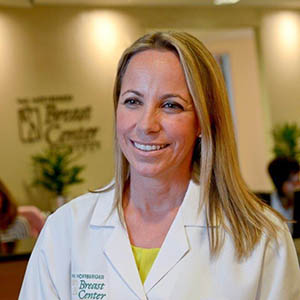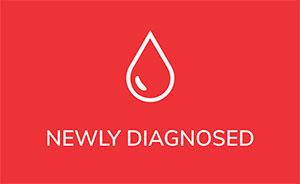
By Deb Kirkland, RN, BSN, MPH, CN-BN
The “Patient Navigation” term was originally coined in 1990 by Dr. Harold P. Freeman, President and Founder of the Ralph Lauren Center for Cancer Care and Prevention in New York City. A navigator, case manager, patient coordinator, was a person and a process to help “patients overcome barriers to health care to ensure timely screening, diagnosis, treatment and supportive care.” In a nutshell, a navigator is one who provides support, education, and resources as needed to patients and their families, as well as, communicates with the multi-disciplinary care team and community resources. There are various types of navigator as; a navigator may be a nurse, social worker, case manager, or a layperson. The roles and responsibilities of a navigator are dependent upon the needs of the patient and the healthcare system, therefore job descriptions and responsibilities may vary. For example, a lay navigator may assist with transportation and financial resources, social worker navigators may help with emotional care and support, while a nurse navigator may help more in regards to educating the patient to ensure they understand their diagnosis and treatment plan. The role of the navigator is to assess patient needs, communicate with the multidisciplinary team, and referring to the appropriate resources as needed. As the need for navigators has evolved, we not only see them in breast centers, and in medical oncology, we now see this concept expanded and applied in other fields of medicine to help reduce disease mortality. As for oncology needs, the American College of surgeons, who sets the standards for the Commission on Cancer (CoC) and the National Accreditation Programs for Breast Centers (NAPBC), requires patient navigation as standard of practice. Navigators should be certified and a process should be in place to fulfill this requirement. There are various organizations and institutions which educate and certify navigators dependent upon their credentials. This navigation process has resulted in increased efficiency and improved outcomes for patients, particularly of those with cultural and communication barriers, as well as the un/under-insured.
Of note, a patient advocate is someone who advocates on behalf of the patient. This may be a navigator, or another individual, such as a patient or family member. Advocates may be trained through advocacy organizations to educate these individuals on the subject matter, which allows a better understanding of what the process may require. A few organizations providing such trainings are: Research Advocacy Network (RAN), National Breast Cancer Coalition Fund (NBCCF), Susan G. Komen Advocates in Science (AIS), and Alamo Breast Cancer Foundation (ABCF). An advocate is a person or survivor who is able to speak on behalf of the patient/s, to articulate their perspective, experience and concerns of how the process impacts them, as the patient. Depending on the type of advocate, one may be out in the community, within an organization, lobbying to Congress, or utilized in other various needed capacities. If you have an interest in patient advocacy, start out by simply getting involved. Volunteer for a local non-profit that you personally care about, perhaps one that has personally impacted you or a family member. These opportunities and experiences may lead you to an altruistic experience that develops into a passion. This in return, may better the lives of those impacted by cancer or other life-altering challenges.
Deb Kirkland, a Nurse Navigator at The Hoffberger Breast Center at Mercy, provides breast patients with the education, support, and encouragement they need throughout their breast disease journey – from diagnosis through treatment and beyond.
As a breast cancer survivor at a very young age, Deb understands the challenges a woman faces when diagnosed with breast cancer and the importance of having a friendly, caring, and compassionate medical and support team guiding her through treatment.
Deb has been honored by various organizations for her commitment to helping women navigate breast cancer diagnoses. Deb serves on the Newsletter Leadership and Advisory Board and is chairperson of the Resource sub-committee for the National Consortium of Breast Centers. She has been involved with Komen for the Cure as a U.S. delegate for its Global Mission and currently as an Advocate of Science.

















